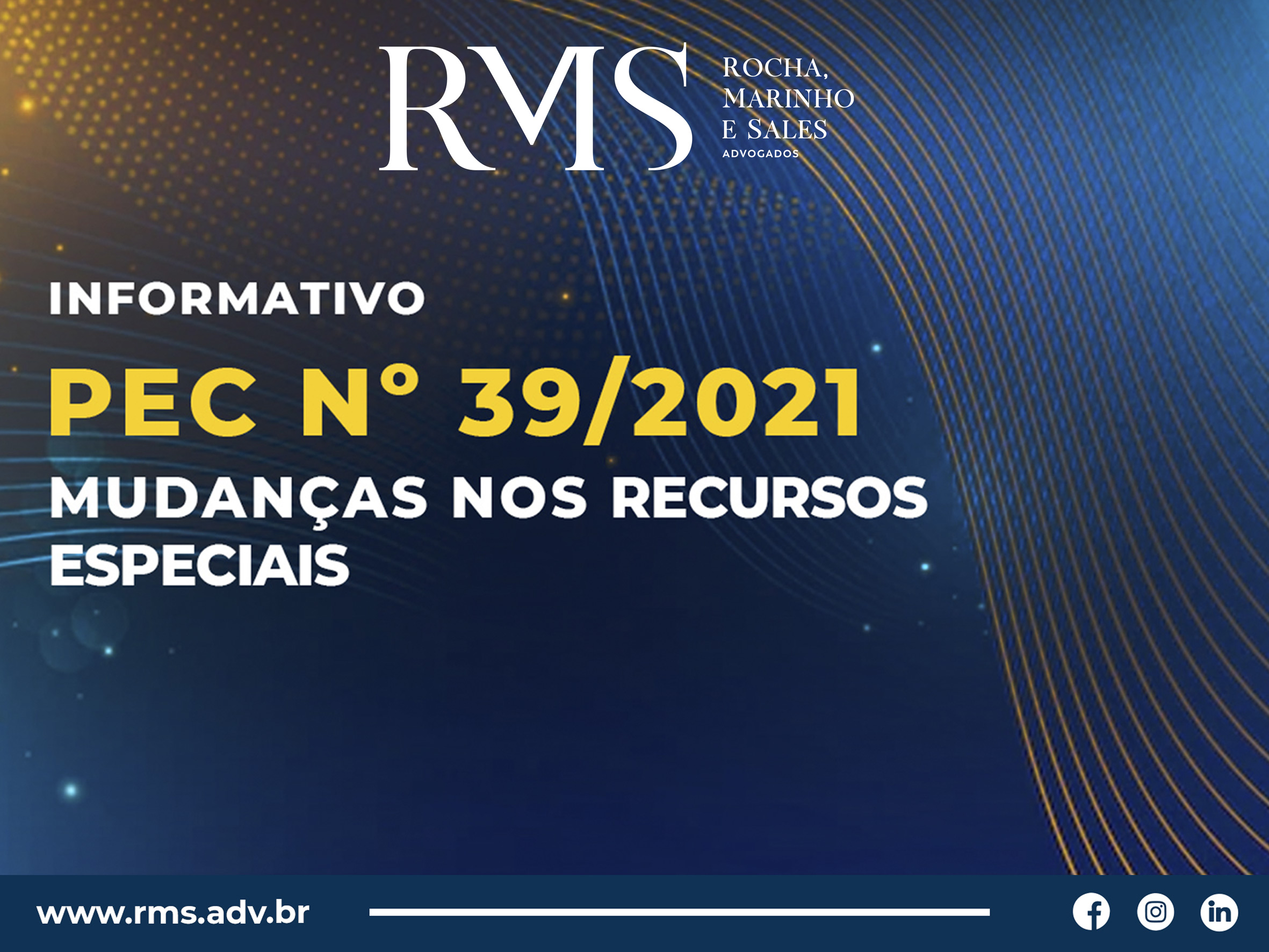Ethics and Artificial Intelligence applied to the Judiciary
15/02/2021

Resolution nº 332/2020
Concerns about the consequences caused by the application of Artificial Intelligence (AI) systems in the Judiciary are growing, both in the specialized literature and in the space of policy makers. This is the context in which the National Council of Justice (CNJ) in a pioneering initiative regulated the use of this new technology, stipulating governance principles, standards and guidelines in Resolution No. 332/2020.
The technological transformation of the Brazilian Judiciary, in which the ethical debate on AI is inserted, presented several evidences throughout 2020. More recently, in this second week of February 2021, other indications can also be highlighted. The Federal Supreme Court (STF) has announced that it is close to becoming a 100% digital court. Today, the Court has less than 900 physical cases in progress, which represents 3% of the collection. The CNJ reported that the notices for the program “Justice 4.0: innovation and effectiveness in the achievement of justice for all” are open to data science analysts, development in information management and law.
Digitization of activities and changes in market requirements regarding legal training and the skills required for activities carried out in the Judiciary are also recognized in the statement by Judge Henrique Carlos de Andrade Figueira, who assumed the presidency of the Court of Justice of the Rio de Janeiro “technology, today, is a great ally of the court. No judge today works without technology. We depend viscerally on systems, computing, programs, to be able to judge ”.
The approximation of the justice systems to the AI is an undisputed fact, after all, this technology has vast potential aimed at solving different problems and improving the jurisdictional provision. What is being discussed, in this sense, is the importance of the life cycle of AI systems adjusting to the normative-axiological framework of a legal system within the limits of ethical principles, which do not hinder innovation, while guaranteeing fundamental rights of human people.
Among the ethical guidelines for the use of AI in the Judiciary, the need for citizens to know the basis of the automated decision is emphasized, that is, the criteria, objectives and logic that allowed that result, in a way understandable to a subject who does not have technical knowledge. This applies, in the same way, to decision support systems, intended, in general, to assist magistrates in situations, for example, of jurisprudential understanding consolidated by higher courts.
With this in mind, the CNJ defined that “the AI applied in decision-making processes must meet ethical criteria of transparency, predictability, the possibility of auditing and the guarantee of impartiality and substantial justice”, underlining the obligation to “provide satisfactory and passable explanation” audit by human authority regarding any decision proposal presented by the AI model, especially when it is of a judicial nature ”.
Regulatory solutions organized through dialogue between interested parties, which consider the different interests involved and conciliate in regulation compliance and innovation are essential steps to keep the ethical debate on the application of AI in justice systems open, especially when innovation technology allows comparing practical results between different jurisdictions.
Wilson Sales Belchior




